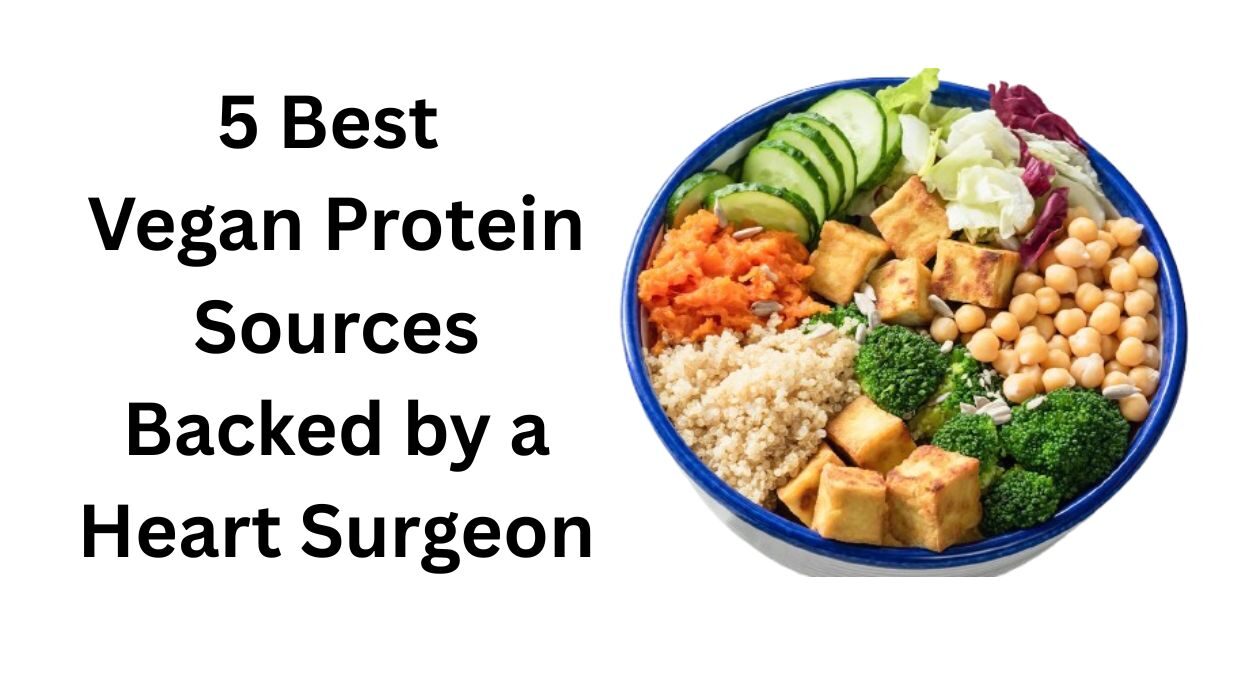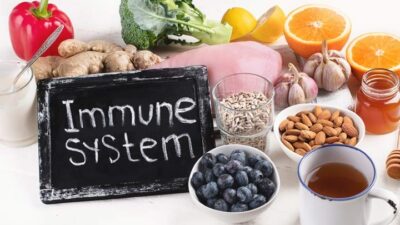Why Plant-Based Protein Matters for Heart Health
Protein is essential for building muscles, bones, cartilage, skin, and blood. It also helps produce enzymes, hormones, and antibodies, while supporting cell repair, growth, and metabolism.
Most nutrition guidelines recommend getting at least 10% of your daily calories from protein. While meat is a common source, excessive consumption has been linked to:
- Increased inflammation
- Higher dementia risk
- Greater chance of cardiovascular disease
- Certain types of cancer
So, where do vegans and vegetarians get their protein? According to Dr. Steven Gundry, a former cardiac surgeon and bestselling author, the answer lies in nutrient-rich, plant-based foods.
Table of Contents
What Is a Vegetarian?
Vegetarians don’t eat fish, meat, or poultry. Some don’t eat any protein from animals. Instead they eat vegetables, seeds, nuts, whole grains, and fruits. Some vegetarians eat eggs and dairy, and others eat fish.
People choose to eat a vegetarian diet for several reasons, including:
- Environmental concerns
- Health
- Religious beliefs
- Animal rights
Top 5 Plant Proteins
| Food | Protein (per serving) | Key Nutrients | Unique Benefits |
|---|---|---|---|
| Lentils | 18g/cup | Fiber, folate, iron | Gut health, sustainable energy |
| Flaxseeds | 8g/100g | Omega-3s, lignans | Hormone balance, heart health |
| Barù Nuts | 26g/100g | Antioxidants, fiber | Highest nut protein, rich flavor |
| Spirulina | 4g/tbsp | Iron, B vitamins | Most concentrated protein source |
| Sorghum | 21g/cup | Magnesium, antioxidants | Blood sugar control, gluten-free |
5 Best Vegan Protein Powerhouse
1. Lentils: The Gut-Friendly Protein
- Preparation Tip: Soak 12+ hours or pressure cook to reduce lectins
- Best Uses:
✔ Hearty soups and stews
✔ Plant-based burger patties
✔ Cold salads with olive oil dressing
2. Flaxseeds: The Omega-3 Protein
- Pro Tip: Grind fresh to prevent oxidation
- Health Bonus:
✔ 2,300mg omega-3s per tbsp
✔ Lignans support estrogen metabolism
3. Barù Nuts: The Amazonian Secret
- Taste Profile: Earthy, slightly sweet (like peanut-almond hybrid)
- Where to Find: Health stores or online retailers
- Recipe Idea: Make Barù nut butter with cinnamon
4. Spirulina: The Algae Supercharger
- Dosing: Start with 1 tsp daily, increase to 1 tbsp
- Quality Matters: Look for third-party tested, low-heavy metal brands
5. Sorghum: The Ancient Grain Revival
- Cooking Methods:
✔ Popped like popcorn
✔ Ground into flour for baking
✔ Cooked as rice alternative
Animal Protein vs. Plant Protein
Protein is a macronutrient (a nutrient you need in large amounts) that helps your body:
- Build muscles and bone
- Repair damage
- Get oxygen into the blood
- Digest food
- Regulate hormones
Protein Absorption Boosters
✔ Pair with vitamin C (bell peppers, citrus) to enhance iron absorption
✔ Soak/sprout grains and legumes to reduce phytates
✔ Combine complementary proteins (e.g., lentils + rice)
✔ Add healthy fats (avocado, olive oil) for nutrient uptake



